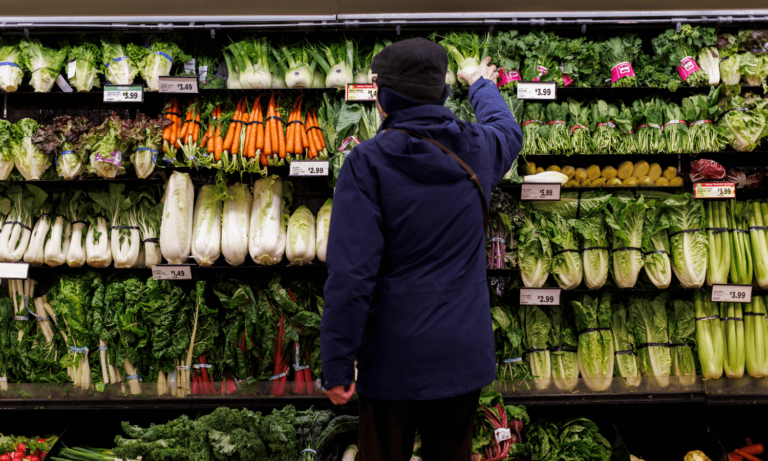Metro spokeswoman Marie-Claude Bacon confirmed the grocer has an annual blackout period “that has been in place for many years.” Sobeys parent Empire declined to comment, though it’s previously told media it freezes many prices around that time. Costco did not respond to the media request.
Walmart Canada does not have a blanket three-month price increase freeze on suppliers, said spokeswoman Stephanie Fusco in an email. She said the retailer focuses on “having conversations with our suppliers to push back on unjustified price increases year-round.”
Loblaw declined to comment, deferring to the Retail Council of Canada, which also declined to comment.
Like many industry practices, the freeze is likely not common knowledge for most consumers—though it made the news in recent years as grocers sought to explain the reasons behind high food prices amid public distrust.
In October 2022, when inflation was just starting to come down from its peak, Loblaw announced it was freezing retail prices on more than 1,500 No Name–branded items until the end of January 2023 “in an effort (to) provide grocery-bill predictability to Canadians facing the highest food inflation in decades.”
Some industry watchers decried the announcement as a publicity stunt, since the supplier-side freeze happens every year, with Metro chiming in to say it would be freezing prices as usual.
The following year, price freezes were back in the news, with the grocers under pressure from Ottawa to submit their plans to curb food inflation.
Public details were thin, but Industry Minister François-Philippe Champagne said the plans included discounts, freezes and price-matching.
